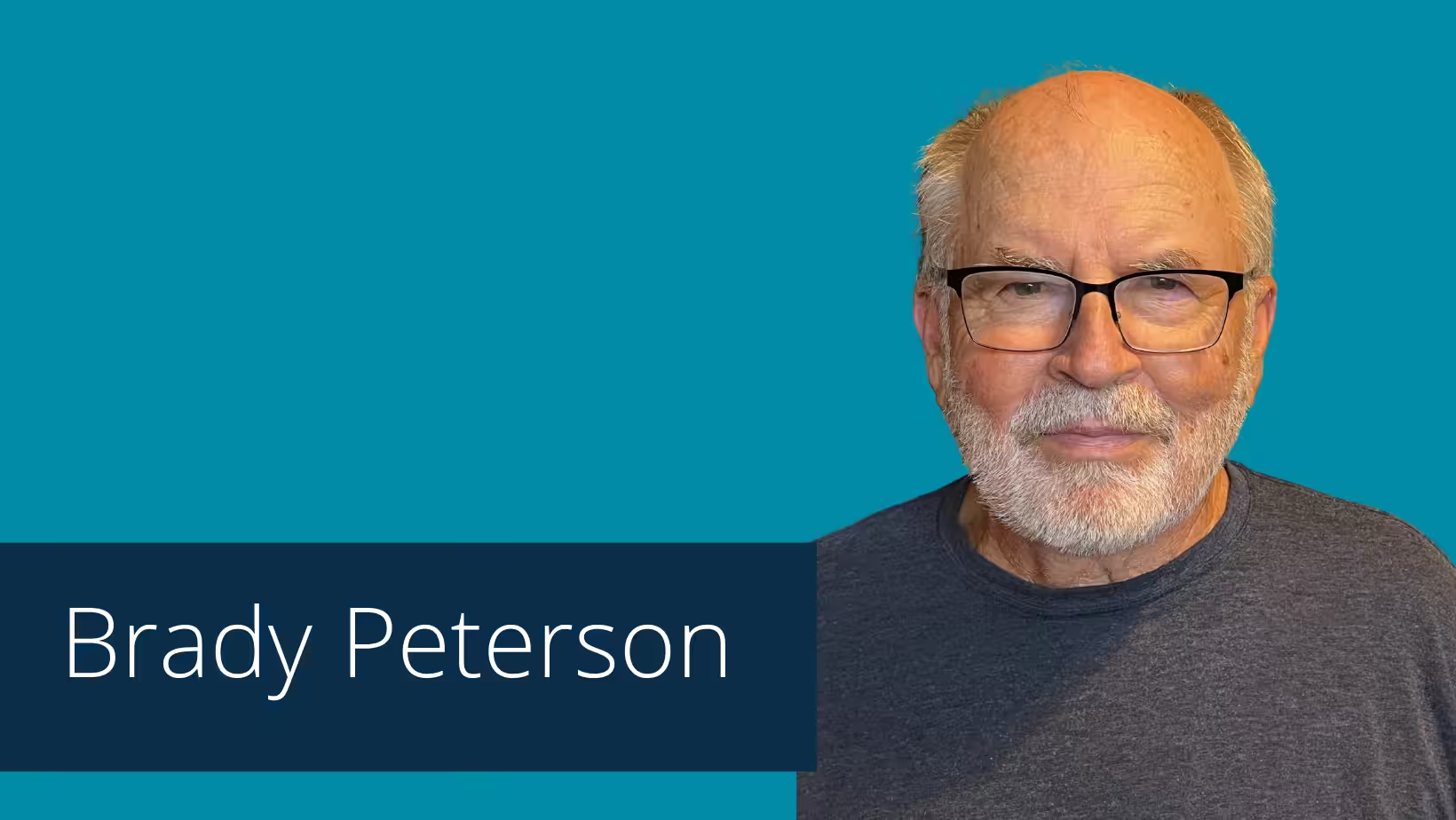First, I have lived long enough to have outlived most of the people who were important to me when I was young. My parents died years ago. My younger brother died three years ago. All but one of my aunts and uncles have died. Cousins have died. Many close friends have died. At this point, I am reminded of a recurring mantra in Kurt Vonnegut’s Slaughterhouse-Five: “So it goes.”
I don’t find myself weeping for them. I do talk to some of them now and then on my long walks down the narrow canyon to the river below my house. It’s my personal sliver of wildness. But I don’t weep. I do weep for my daughter, Melinda.
My daughter died nine years ago now. She was a doctor, and when the tornado hit Joplin, Missouri, twelve years ago, she served as a first responder working triage, separating those who could be helped from those who couldn’t. She was haunted by those memories. She was at ground zero, breathing in the dust. Three years and one day later, she died from an auto-immune interstitial lung disease. I don’t know, nor can I prove the connection, but there it is, the sequence.
Eight months before she died, I started living with her in Las Vegas, New Mexico. She was working off her medical school debt at a clinic there and wanted someone to keep her company. She didn’t want to live alone in a new town where she knew no one. This kind of fear in her was something new to me. My daughter had always pushed the boundaries before, going to new places and living alone was not new to her. But this is my thinking, looking back on it. At the time, I was retired, writing poetry, and thought of it as an opportunity to spend time with my oldest daughter, who had been out of the house for two decades as well as a place to spend isolated time writing.
So, we lived together in a house on the old Santa Fe Trail, a block from the old Plaza in Las Vegas, for a couple of months. She would leave for work in the morning. I would read, write, and take long walks during the day. Then, when she came home from work in the evening, we would take walks through the town. Often, she would have to slow down or stop to breathe. We thought it was her having to adjust to the high altitude. But after two months, her breathing didn’t get better. In early October, she was too sick to work. I drove her back home to Texas. We thought the lower altitude would help. At first, it seemed to, but she didn’t get well.
There were doctor’s appointments, hospital visits, tests, and more tests. My daughter simply got sicker and sicker, and there was nothing anyone tried to do that helped.
I was holding her and talking to her when she died. I still relive those last days over and over in my mind. There is so much more to say, but you asked me how my loss affected my writing.
It’s been nine years, and somewhere in the equation, I have learned to quit saying it was a loss. Not always. Sometimes, I slip into the mindset of thinking of it as a loss, but that doesn’t help anyone. My daughter died, yes. And yes, I think she was cheated. But my thinking she was cheated doesn’t change the reality of it. And here we come to how it has affected my writing.
In some ways, I might say it hasn’t affected my writing at all. The themes of my poetry seem to be consistent. My use of the extended metaphor hasn’t really changed. But to say her dying had no effect, or my grieving for her had no effect would be misleading. She is almost everywhere in my poetry. But then she always was. All of my children are. Everyone I have ever loved makes appearances. Some people I don’t love, even though I should, make their way in as well.
I weep for her, both in the reality of my waking life and in my writing. So, there’s that. But I also still make coffee every morning. And that becomes the point of it. It can be expressed in so many ways. One is that “the ordinary clings.” Another is a lesson I learned as a young man when I fell in love with someone who didn’t fall in love with me. I thought I would die, but I didn’t. I quit school, joined the Navy, and I thought I would never make it through boot camp, but I did. Andrew Geyer once told me something about being in ranger school. “You think you can’t, but you can.”
I write to breathe, I try to explain. I am constantly haunted by Virginia Woolf’s charge that a writer has an obligation to live in the presence of reality. I swallowed that challenge whole, and that’s what I try to do, if not in my day-to-day, at least in my writing. That, of course, begs the question of what does it mean to live in the presence of reality?
I was in the room with my daughter when her doctor told her there was nothing they could do to help her. It was just the three of us. “I don’t want to tell you this,” her doctor said. She might as well have been speaking in an alien tongue, not foreign as in another country, but alien as from another planet. As soon as he left the room, I dismissed everything she said. I knew my girl was going to get well. I simply knew she would live. That was living in denial and understandable, but it wasn’t living in the presence of reality. Three weeks later, my daughter died. She was surrounded by people who loved her. We sang to her.
Living in the presence of reality is, among other things, accepting that we all die, that all things which can arise, will pass away.
I don’t want to drift into cliché, but it isn’t so much a loss as it was a gift to have had her in my life. Yes, I still weep when I think about her dying. I weep when I think about her as a two-year-old balking in front of the entrance of Carlsbad Caverns. She dug in her heels and said, “No, no, no. Don’t want to go in cave.” So, I carried her the whole way. But carrying her was a gift. Just having her love me was a gift. And I have had so many gifts.
Of course, I can’t carry that attitude all of the time. I am human. But I’m claiming it as my point of view, at least for the moment.
How can poetry help? It helps me. That’s all I can say. Every time I get to know a poem, and getting to know a poem means reading it over and over until something happens. That doesn’t happen with just any poem, but there are moments when a poem can transport you into a realm of clarity. It’s that clarity which helps us to endure. Not just endure, but thrive with a certain style that makes living your life beautiful. That and a good cup of coffee.
About Brady Peterson
Brady Peterson lives near Belton, Texas, where he worked building houses for much of the past thirty years or teaching rhetoric and literature at a local university. He once worked a forklift in a lumber yard in east Austin, tried to teach eighth graders the importance of using language, worked briefly as a technical writer, and helped raise five daughters. He has run one marathon, fought in one karate tournament, climbed one mountain, failed to make the UT baseball team as a walk-on, and took tango lessons with his wife. He is the author of Dust, Between Stations, From an Upstairs Window, García Lorca is Somewhere in Produce and At the Edge of Town.
Resources:
Brady Peterson website
Dust by Brady Peterson
Between Stations by Brady Peterson
From an Upstairs Window by Brady Peterson
García Lorca is Somewhere in Produce by Brady Peterson
At the Edge of Town by Brady Peterson

